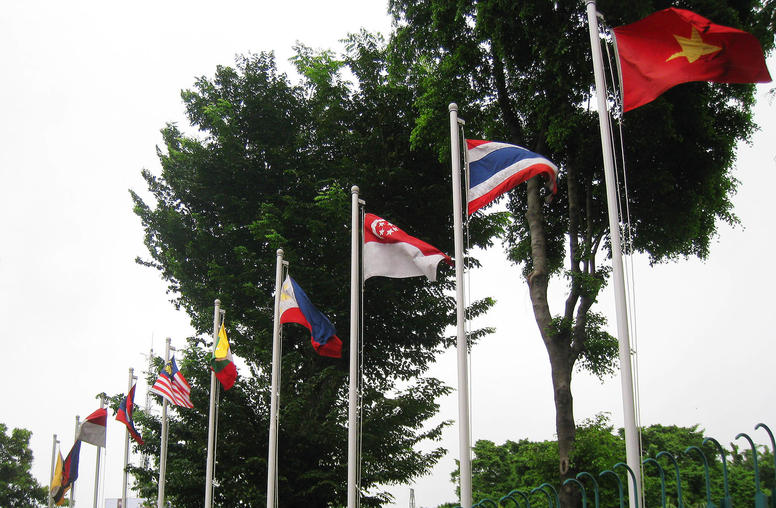 Brunei
Brunei
Featured Research & Analysis

Why Brunei is Hedging Between the U.S. and China
The U.S.-China rivalry is fundamentally transforming the conventional pillars of Asia's economic and political landscape as it plays out across many domains — including diplomacy, commerce, security, intelligence, ideology, values, science and technology. The United States' posture toward China has seen a seismic shift in recent years, driven by American perceptions of China’s rise and the threat it poses. Indeed, China’s economic ascendance and its growing importance in the international system — demonstrated by its economic success, military strength and soft power influence — pose a geopolitical challenge to the United States’ preeminent position in international politics. While this rivalry is shaping the global order, there’s nowhere it’s felt more than in Southeast Asia.
Current Projects

Southeast Asia in a World of Strategic Competition: An Essay Series
Great power rivalry between the United States and China is frequently described in bilateral terms, with regions of the world — including Southeast Asia — merely serving as arenas of competition. But this framing ignores the agency of third countries in managing the risks and opportunities presented by this competition. To explore these countries’ agency and the corresponding policy options, this USIP essays series includes contributions from 10 Southeast Asia-based experts. Each essay provides one country’s perspective on how the members of the Association of Southeast Asian Nations (ASEAN) perceive and respond to strategic competition between the United States and China.